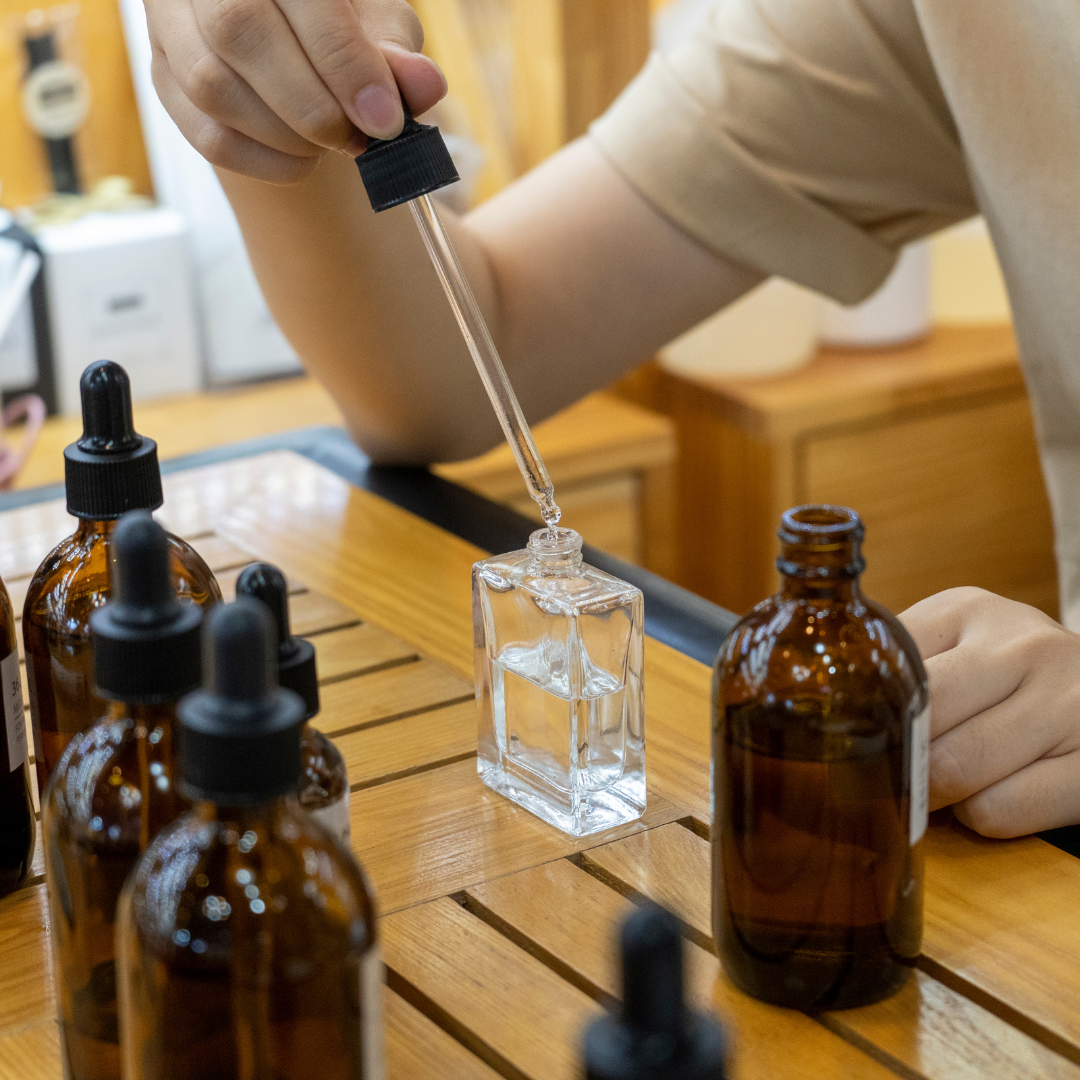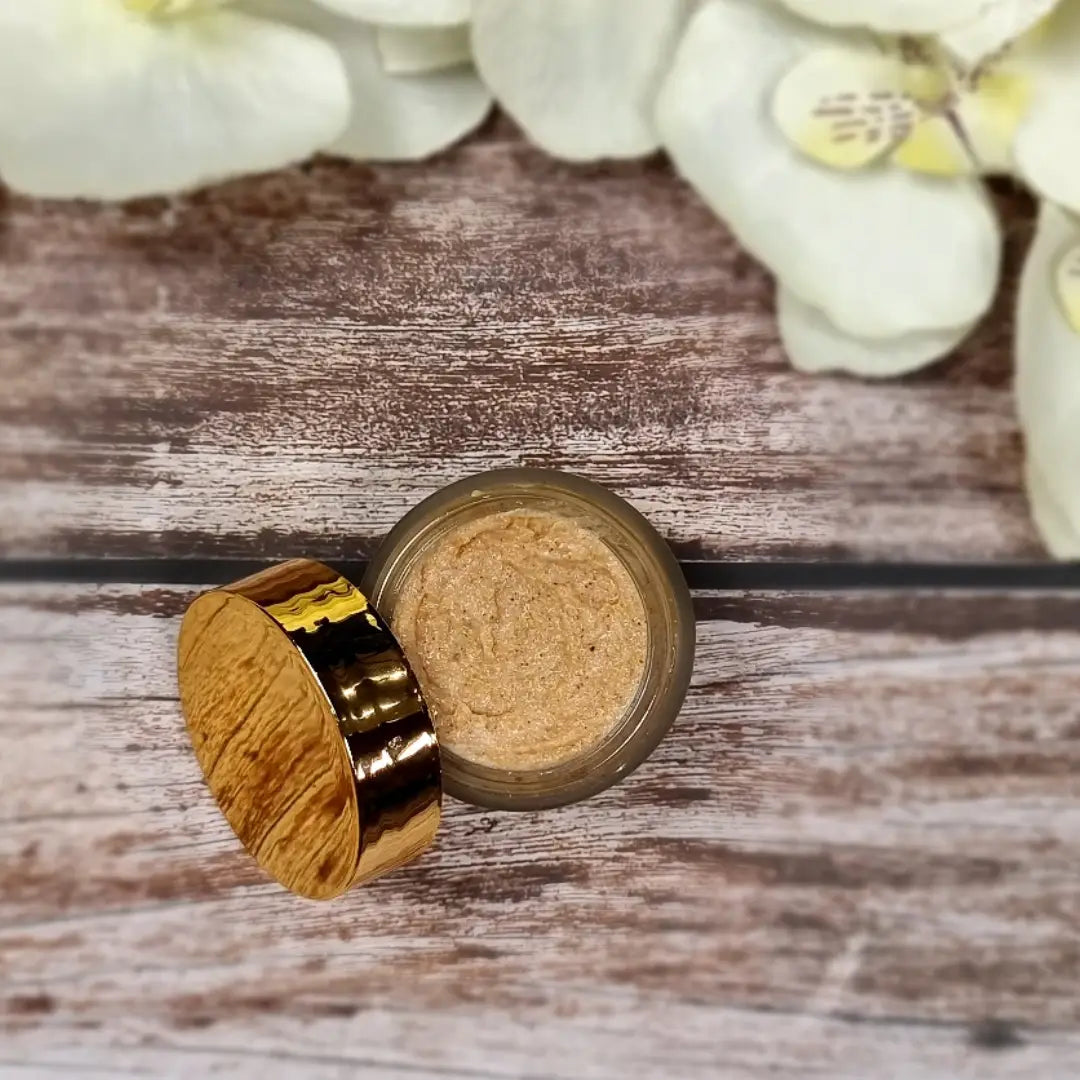Lemongrass Night Body Cream
Rated 3.8 stars by 4 users
If you’re looking for an easy homemade cream recipe or perhaps you want to try making a lotion from memory (more power to you!), then this is a perfect simple and foolproof cream formula to try! We’re back to basics here, so no fancy active ingredients or weird emulsifiers - just the basic core elements of a lotion: water, oil, emulsifier, stabilizer, and preservatives & antioxidants.
Creams vs lotions
At this point the line between skincare products has become so blurred it’s almost unnecessary to sweat the small stuff like whether you’re making a cream or a lotion. Essentially they’re the same product - both lotions and creams are emulsified moisturizers that consist largely of water.
Traditionally creams were thicker, and more intensive moisturizers that were usually contained in pots and tub-style containers. Lotions, however, were considered lighter, runnier moisturizers that worked best in pump or squeeze bottles. Due to this clear distinction, it was safe to assume creams were more moisturizing due to their thicker texture.
But an interesting fact that you learn when you’re making your own cosmetics is that a lotion’s consistency is largely determined by the emulsifying wax rather than the oil or butter content. It’s more than possible to make a cream that simply appears thicker but has the same amount of moisturizing elements as a looser lotion.
So for this recipe, I’ve kept the oil content to around 20% which is fairly light for a cream, but makes for a much easier emulsification process!
Why you should make your own cream
Making your first homemade cream is one of the most rewarding things you can do! It’s like unlocking a secret life hack that only you and a small amount of people even know about. But there are significant advantages to making your own cream, a few of which I’ve listed below.
Benefits of homemade cream
- You know EXACTLY what goes into it
- Great for sensitive or specialist skin conditions
- Easier to avoid irritants and skin-sensitizing ingredients
- Makes the most of natural ingredients: butters, oils & botanical extracts
- Endless customization, got a favorite butter or oil? Well now you can include it in all your creams
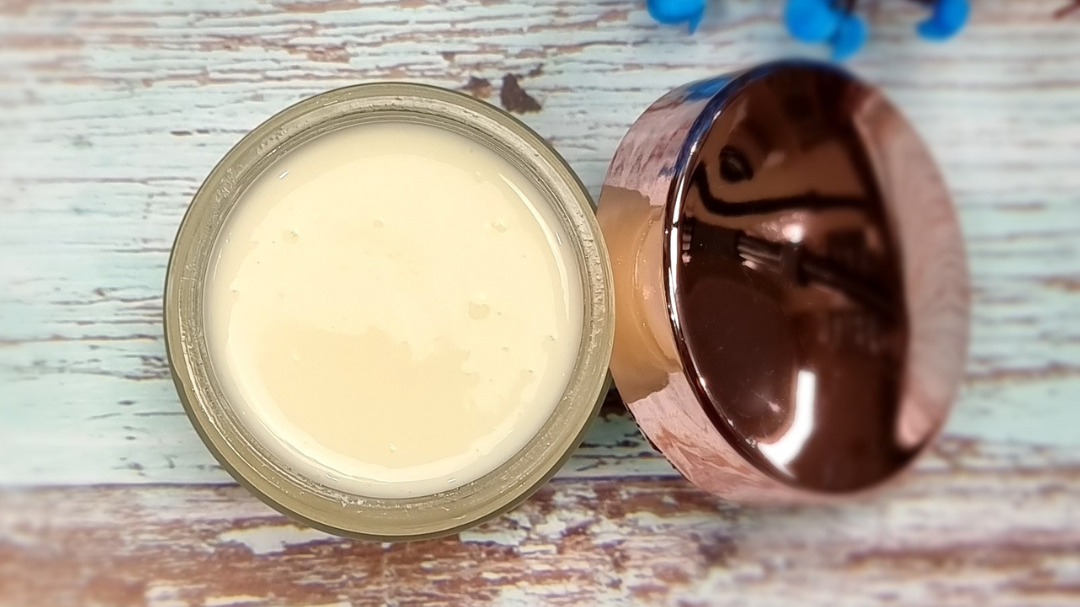
Purenso® Ingredients
Directions
Measure out your water phase ingredients: lemongrass hydrosol and glycerin.
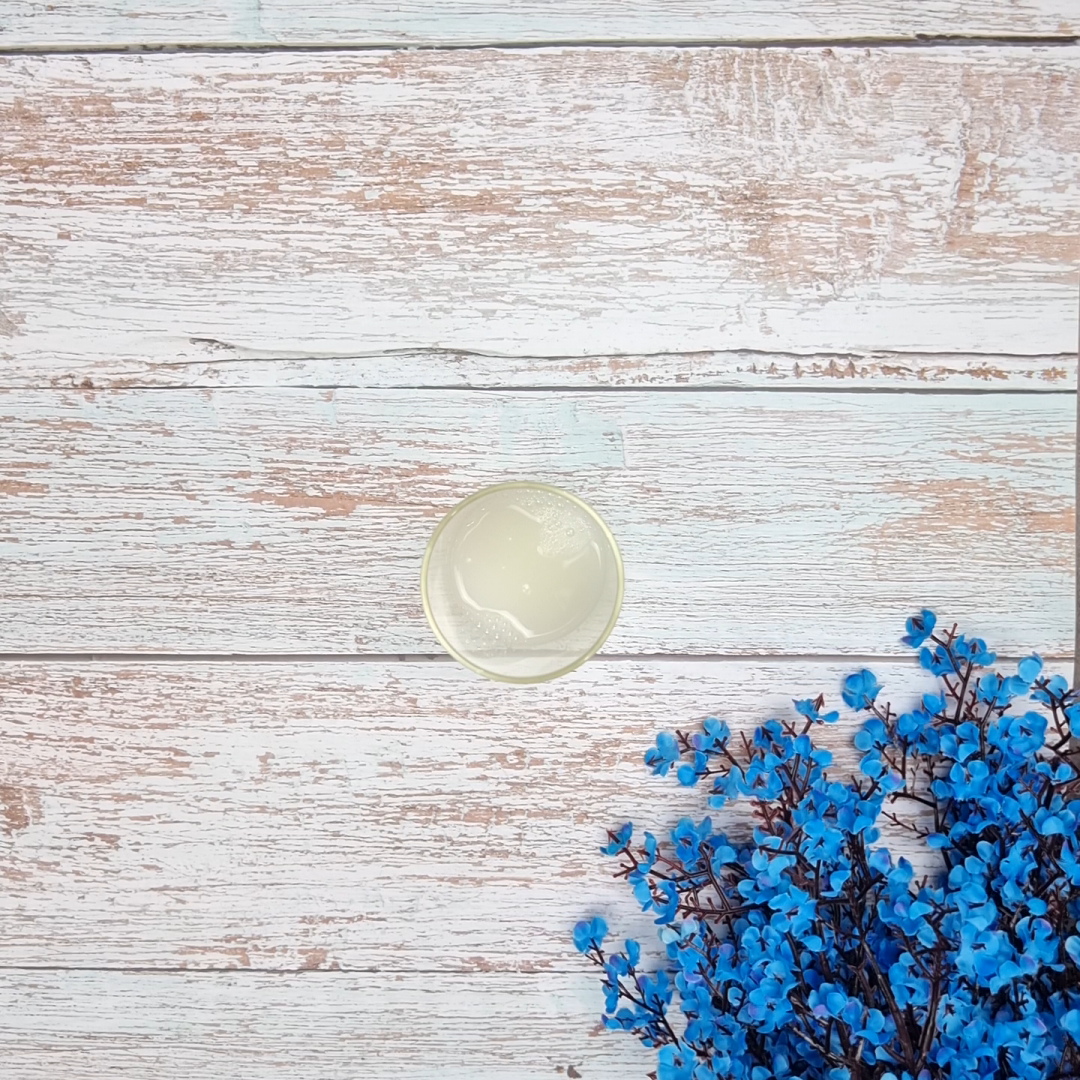
Measure out your oil phase ingredients: rosehip Oil, shea butter, emulsifying wax NF, stearic acid and cetyl alcohol
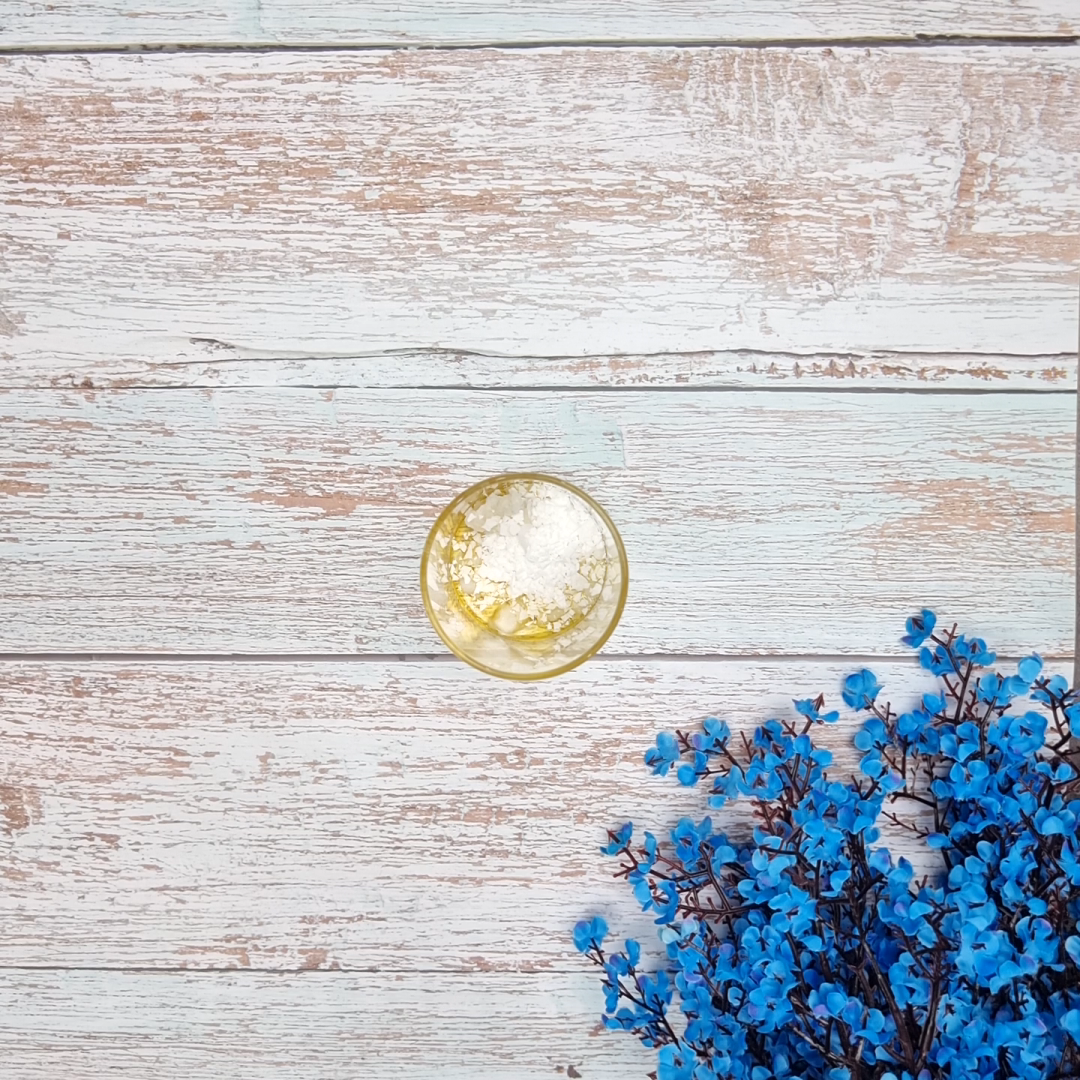
Gently melt both phases in separate heatproof containers over low heat, using either a bain-marie or double boiler method, stirring occasionally.
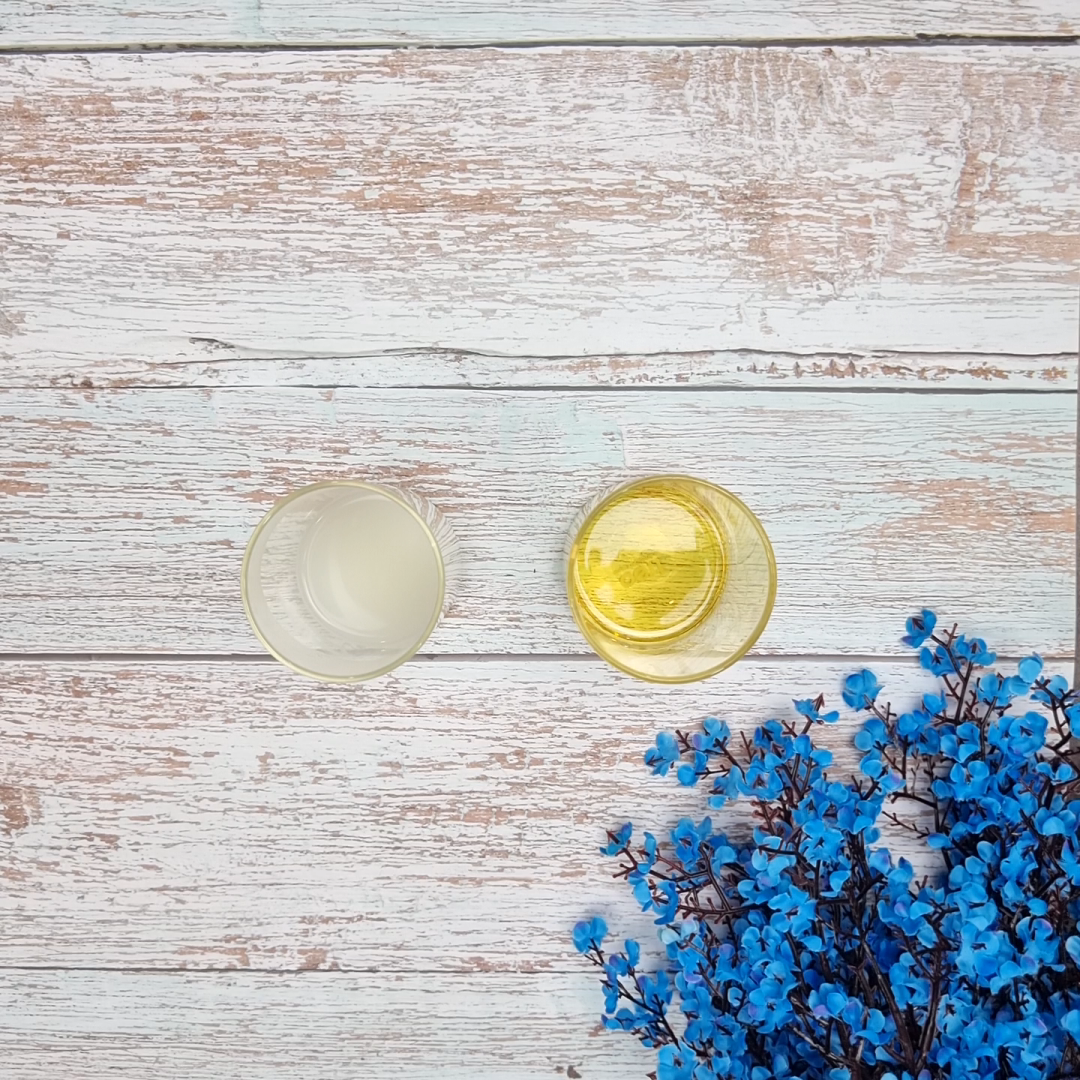
When both phases are completely liquid, pour the molten oil phase into the water phase. Immediately blend with an immersion blender or stick speedily until the mixture turns opaque and homogenous. As the emulsion cools it will continue to thicken until it starts to resemble a cream.
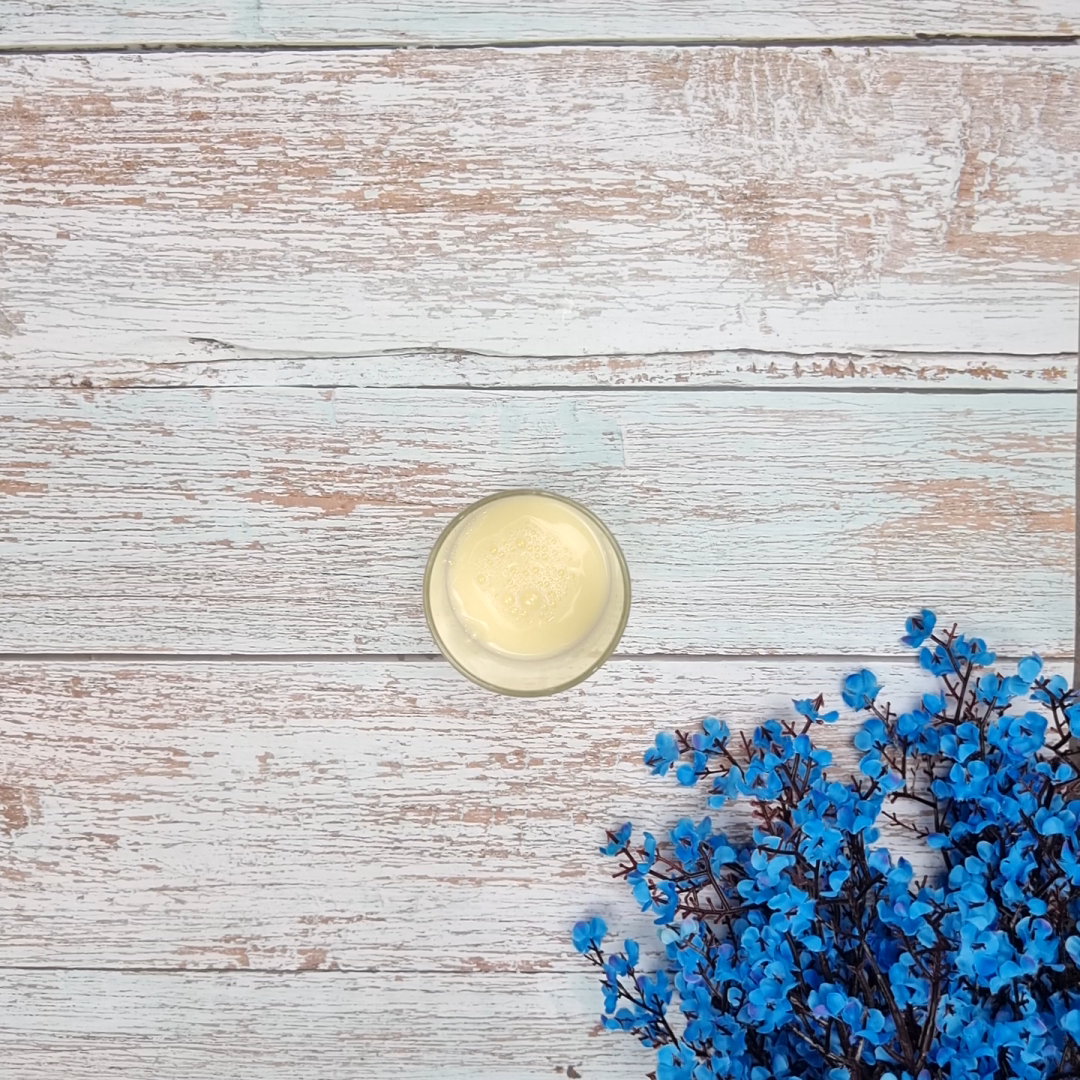
Once the cream has cooled to room temperature, and has a thick cream consistency, measure out your cool down ingredients: iscaguard and any optional essential oils or fragrance.
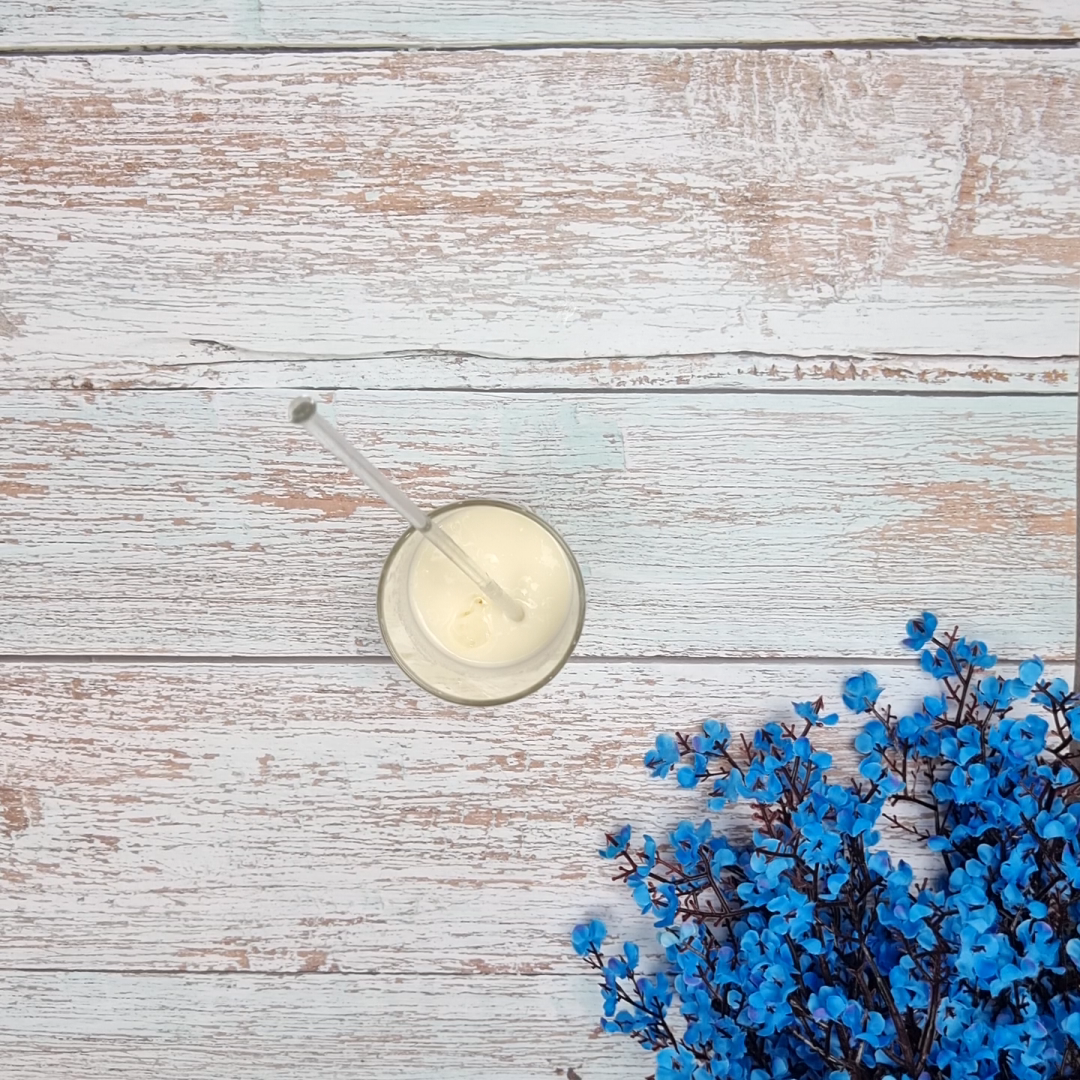
Mix thoroughly to ensure the cool down ingredients are fully incorporated into your body cream.
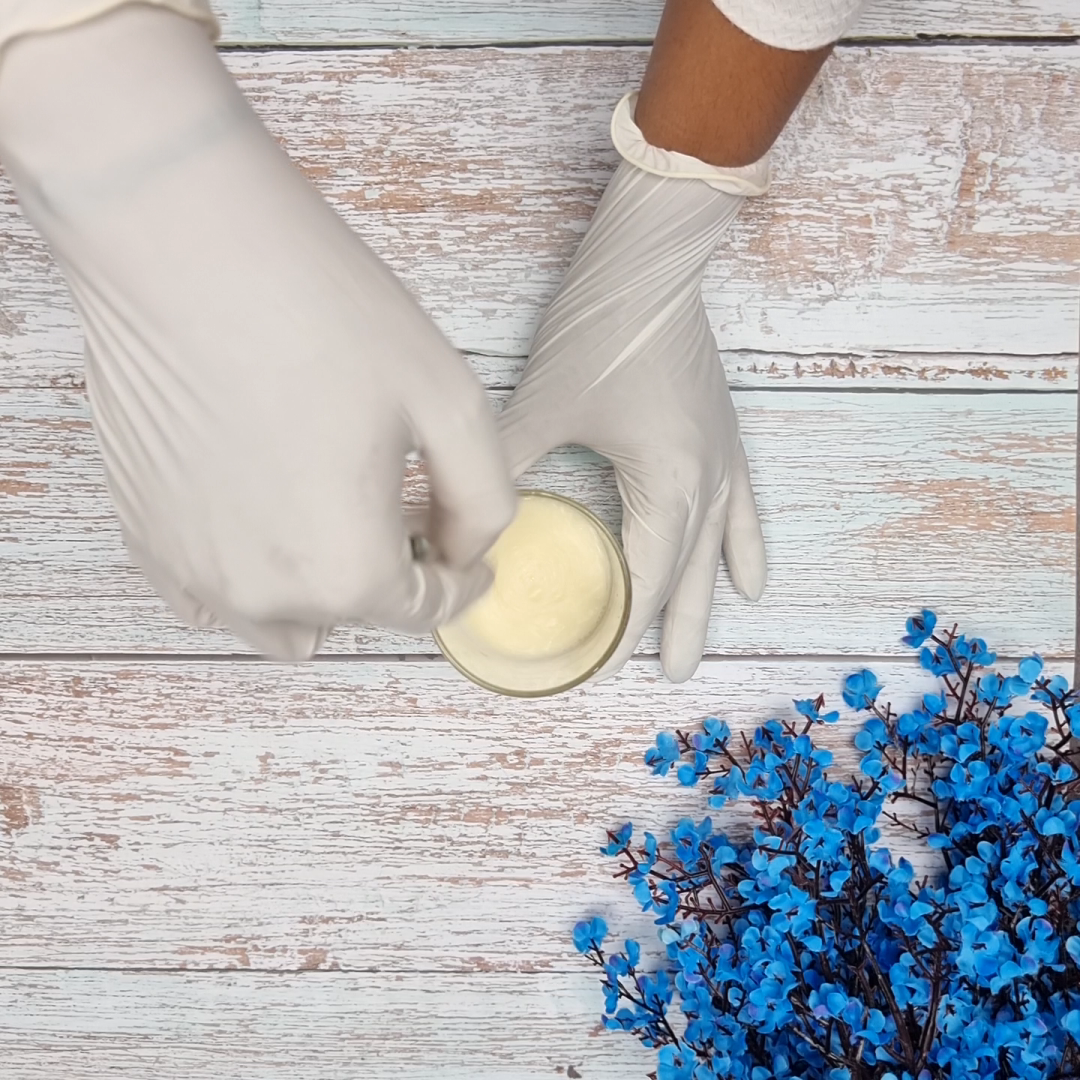
Transfer your cream to a container and store away from direct sunlight.
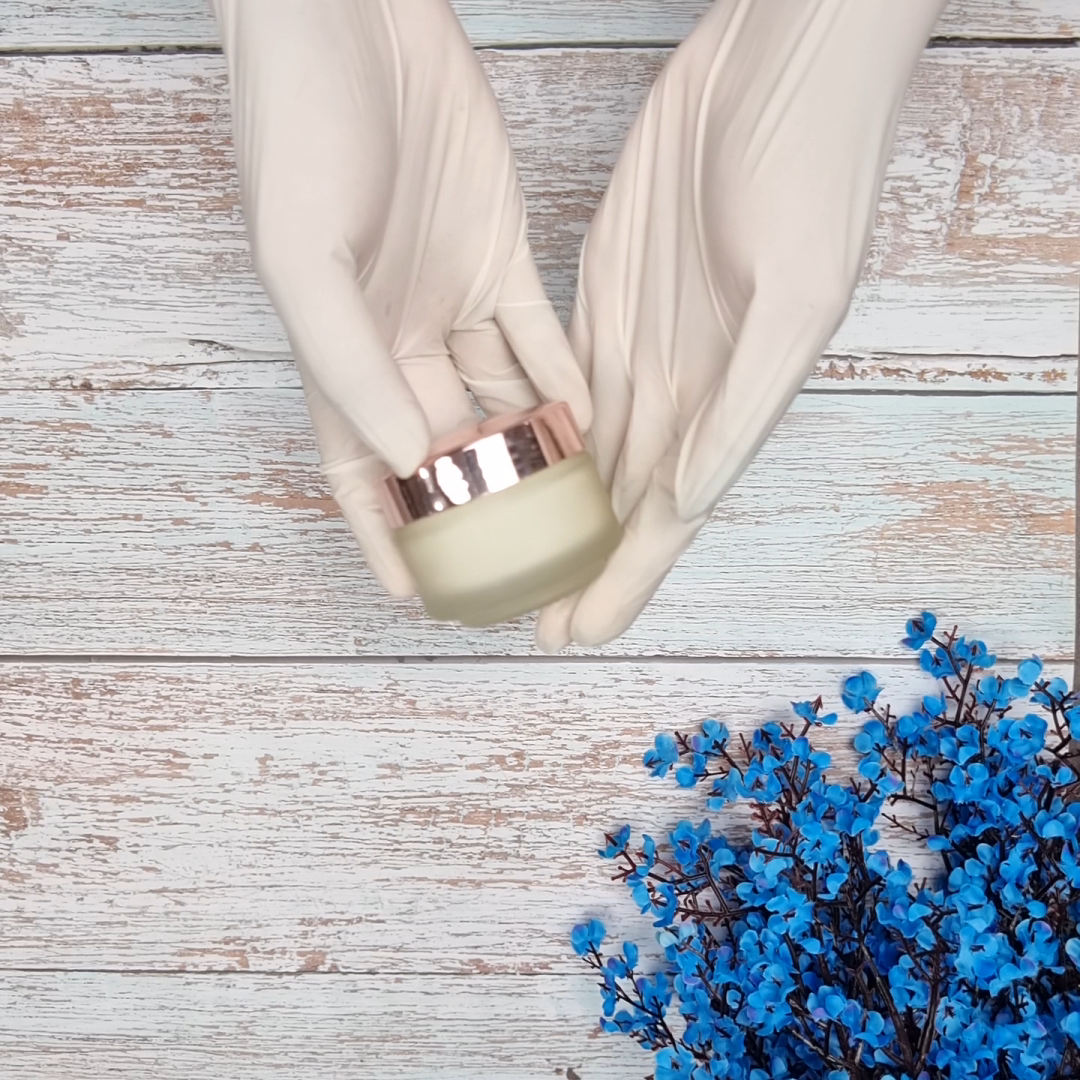
Recipe Video
Recipe Note
Substitutions
This homemade body cream recipe is easy to customize and alter depending on what you have available. Please see below for a list of common substitutions:
- Glycerin: can be replaced with an equal amount of honey
- Rosehip oil: any light to medium-bodied oil will work (e.g. almond, sunflower, jojoba, grapeseed etc.)
- Shea butter: low melting point, soft butters work best but you can also use any vegetable butter (Kokum Butter, Cocoa Butter, Cupuaçu Butter etc.)
- Cetearyl Alcohol: any fatty alcohol will work (e.g. cetyl alcohol, stearyl alcohol etc.)
- Iscaguard: can only be substituted with another broad-spectrum preservative (e.g. preservative optiphen plus). Use at the recommended usage rate.
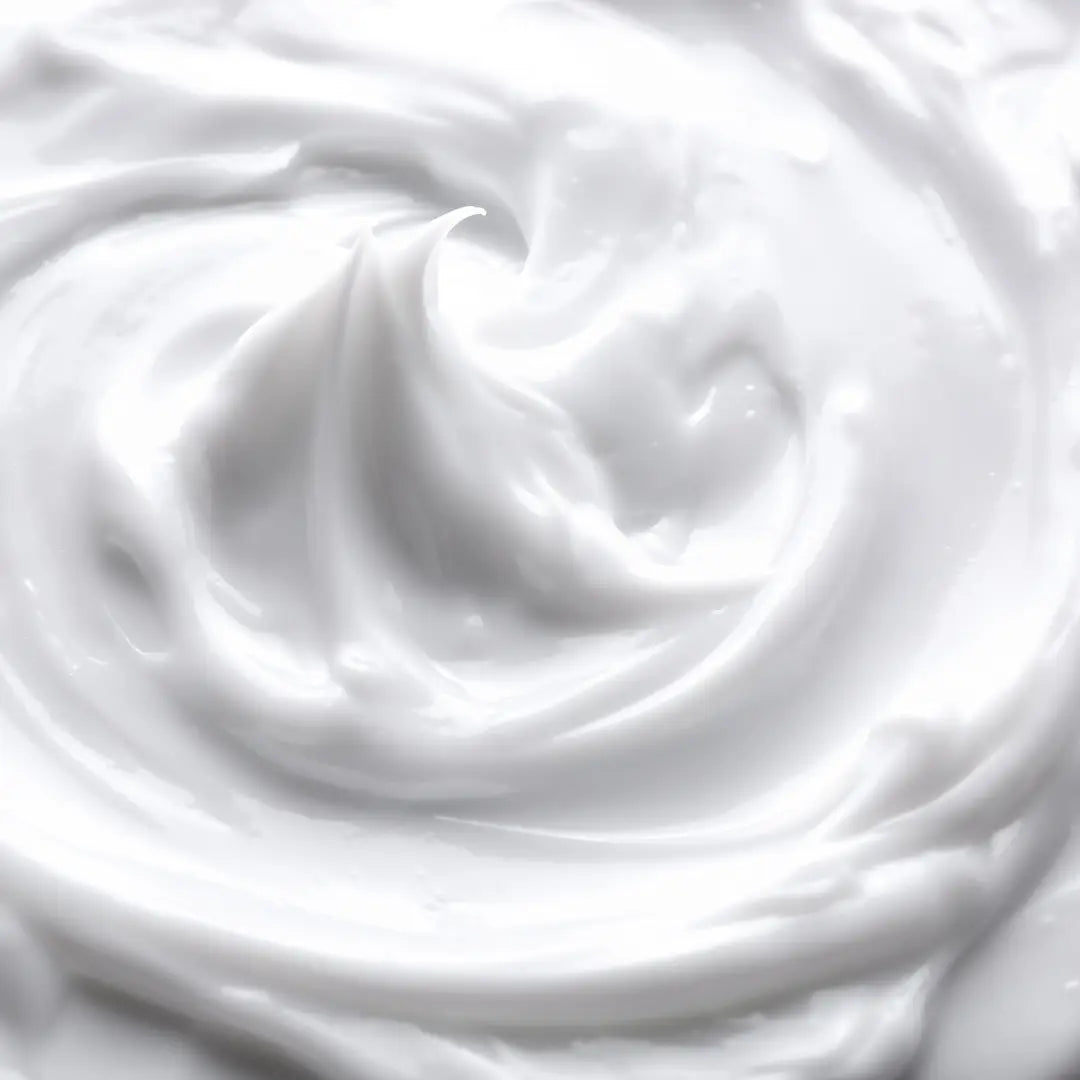
Body
RSSTags
How to make a custom diy perfume
A perfume is simply utilizing a fragrance and adding it into a carrier. You can use alcohol, a balm, or an oil.
Walnut Face & Body Scrub
Scrubs remove dead skin cells, and so provide several benefits: They allow your skin to absorb moisturizer better. By doing dead skin cell buildup, any...
